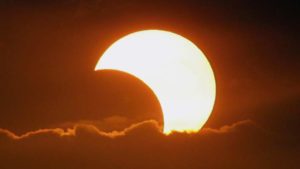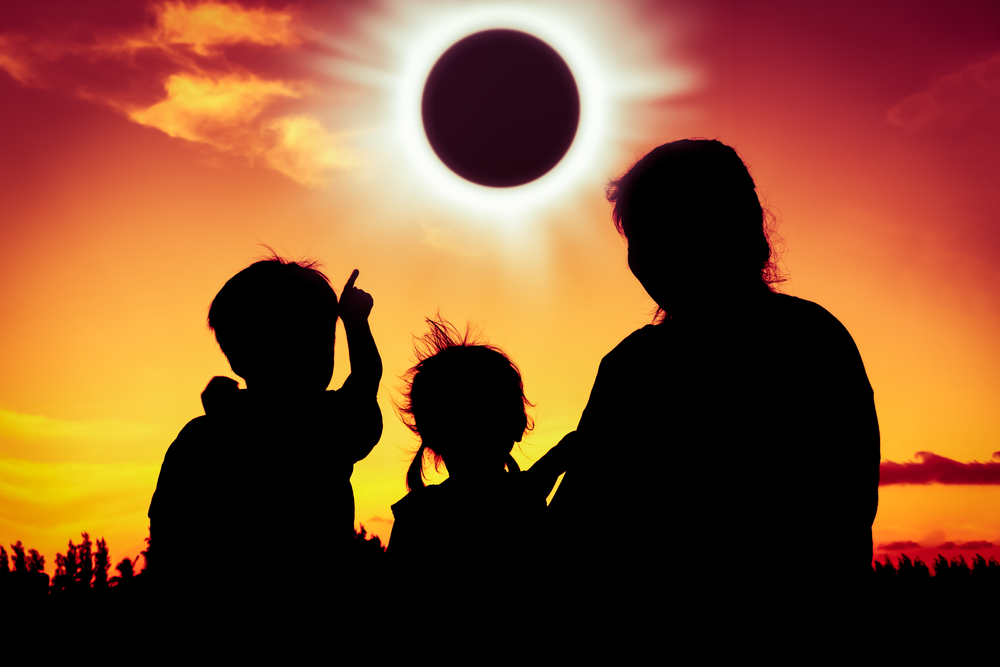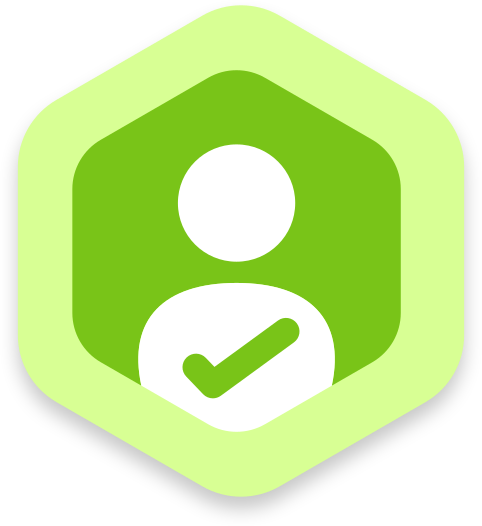On Aug. 21, all of North America will experience a solar eclipse, where the moon will cover at least part of the sun at varying levels of totality. This will be the first total solar eclipse viewable from the continental United States in 99 years and it won’t happen again until 2045. While Florida won’t be in the path of totality, it will still be a good show, as residents will be able to view the solar eclipse at 85 percent totality.
With excitement growing in the past several weeks, NASA is reminding those interested in viewing the solar eclipse to do so safely. That means using special-purpose solar filters such as eclipse glasses when looking at the sun. You could cause serious damage to your eyes by using homemade filters or ordinary sunglasses, even if they are very dark. Once you purchase your solar filter of choice, always be sure to inspect it before use and discard if it is scratched or damaged in any way.
Unfortunately, there have been reports of fake eclipse glasses being sold. So NASA has put together a list of well-known telescope and solar-filter companies that manufacture or sell eclipse glasses or handheld solar viewers that have been verified by an accredited testing laboratory to meet the ISO 12312-2 international safety standard for such products. Make sure you’re purchasing your eclipse glasses or other viewing products from one of these reputable vendors:
- American Paper Optics (Eclipser)
- APM Telescopes (Sunfilter Glasses)
- Baader Planetarium (AstroSolar Silver/Gold Film)
- Celestron (EclipSmart Glasses & Viewers)
- DayStar (Solar Glasses)
- Explore Scientific (Solar Eclipse Sun Catcher Glasses)
- Lunt Solar Systems (SUNsafe SUNglasses)
- Meade Instruments (EclipseView Glasses & Viewers)
- Rainbow Symphony (Eclipse Shades)
- Seymour Solar (Helios Glasses)
- Thousand Oaks Optical (Silver-Black Polymer & SolarLite)
- TSE 17 (Solar Filter Foil)

There are several places around Central Florida where you can safely watch the eclipse and participate in special eclipse activities, including:
Orlando Science Center
1-4 p.m.
Included with general admission
Guests can view the solar eclipse safely with special glasses and/or using OSC’s solar telescope filters, make phone filters to capture great photos of the eclipse, get creative with solar-themed crafts and activities, calculate eclipse distances and temperatures, and view solar eclipse demos and presentations.
Viewing in Central Park’s West Meadow
150 W. Morse Blvd.
Winter Park, FL 32789
12:30-4 p.m.
Hosted by the Orlando Science Center, free solar viewing glasses will be distributed until supplies are gone. Peak viewing time is 2:45 p.m. There will be solar demos, models and other activities.
Viewing at Dr. Phillips Center for the Performing Arts
445 S. Magnolia Ave.
Orlando, FL 32801
12:30-4 p.m.
Hosted by the Orlando Science Center, free solar viewing glasses will be distributed until supplies are gone. Peak viewing time is 2:45 p.m. There will be solar demos, models and other activities.
Viewing in Sanford
Buehler Planetarium
Seminole State College – Sanford/Lake Mary Campus
100 Weldon Blvd.
Sanford, FL 32773
12-4 p.m.
Free and open to the public
Free custom solar eclipse viewing glasses will be available while supplies last. Planetarium staff and volunteers from the Central Florida Astronomical Society and the Seminole State College STEM Club will have properly filtered telescopes and binoculars set up for safe viewing as well.







Comments